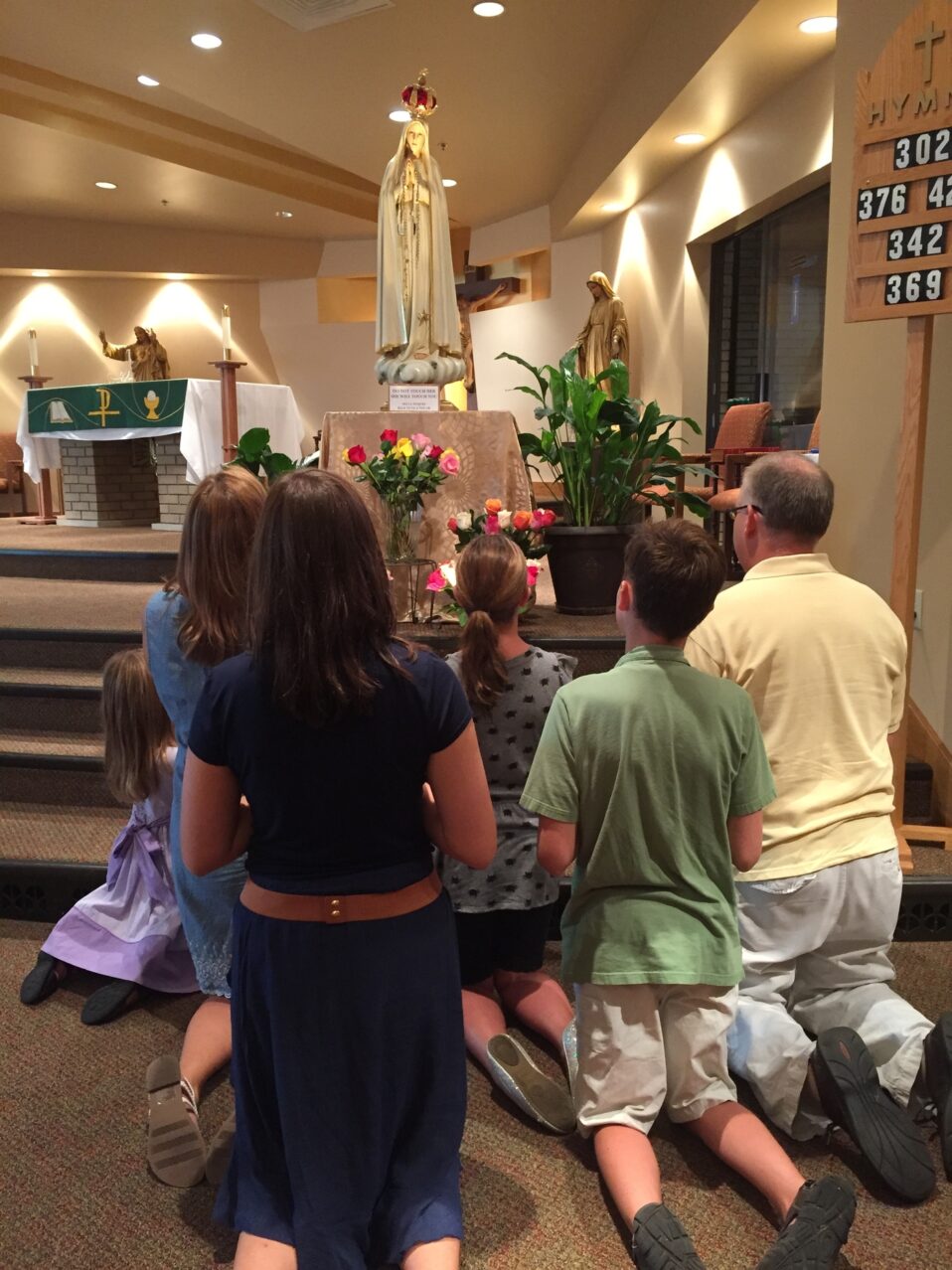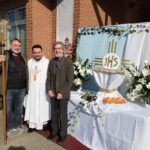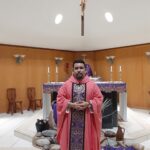
By Fr. Hien Nguyen
What is Vocation?
1.1 Primary Calling
From the discernment perspective, Vocation derives from the Latin and means a calling “Vocare”. It is a summons from God to His creatures to respond to His plan for them. Vocations can be divided into two categories: primary and secondary vocation. Primary vocation is the most important and universal call from the Father, who, “by a free and hidden plan of His own wisdom and goodness, created the whole world. His plan was to raise men to a participation of the divine life. Fallen in Adam, God the Father did not leave men to themselves, but ceaselessly offered helps to salvation, in view of Christ, the Redeemer who is the image of the invisible God, the firstborn of every creature. All the elect, before time began, the Father foreknew and pre- destined to become conformed to the image of His Son, that he should be the firstborn among many brethren.”
We must understand that our purpose in life is not here on earth but an eternal life in the unity of the love of the Trinity. We, “all the faithful of Christ of whatever rank or status, are called to the fullness of the Christian life and to the perfection of charity” Therefore regardless of who we are – single or married, religious or lay faithful – all are called primarily to a participation of our lives in the Trinity. It is a calling of living our spiritual relationship in a person of man created. It is a supernatural journey to God.
Looking through the lenses of psychology and spirituality of human development, Christian spiritual experience is an encounter between God and man. It is a dialogue initiated by God through his grace as a gift and responded by man. It is a respond not to an unknown content but to a precise purpose of what God wants us to be. We, “all the faithful of Christ of whatever rank or status are called to the fullness of the Christian life and to the perfection of charity.” This fullness of Christian spiritual life is the profound meeting of two persons: Christ and the individual. In the psychological language this meeting can be seen as the encounter of the Objective Values of Jesus Christ and the Subjective Values of the individual. To have a genuine respond to the Objective Values which is God, man needs to assimilate this objective pole by making his actual values, needs, affections, attitudes, and his motivation the same as the Values of Christ. This can also be called Self-transcendence. An individual fails to respond to God authentically when he embraces one pole and ignores the other. Fr. Imoda describes this situation as an immature Christian.
A Christian is called to live an authentic life that is being what he says he is. He comes to this authenticity through a process that will help him to integrate the two poles and lead him to self-transcendence. According to Lonergan, the transcendental method is the scheme that everyone puts into action in the Cognitive decisional process. It is an intentional and conscious development through four stages: experiencing, understanding, affirming, and deciding. Through these stages of development an individual will go through different types of transcendent: egocentric, philanthropic, and theocentric. The path of self-transcendence involves the whole person: his mind, will, heart, body, soul, etc. When this whole person reaches out to the others and assimilates toward the objective pole, he enters into a new horizon that makes him to accommodate and change. The term that Lonergan uses for this change is conversion: intellectual, moral, and religious.












